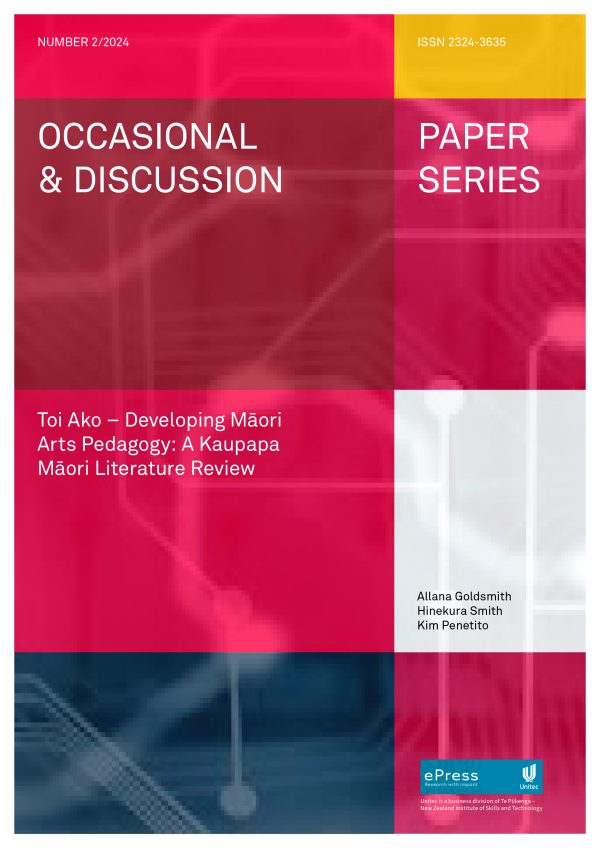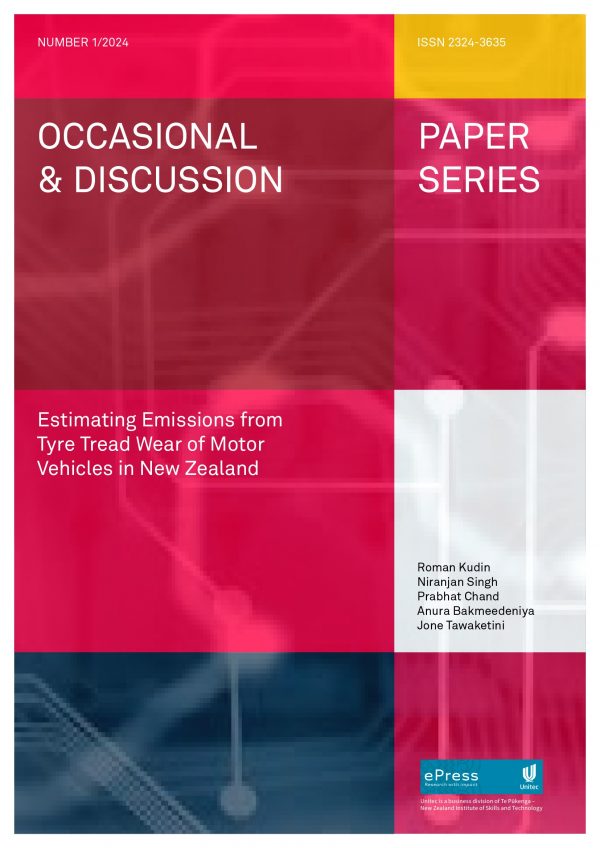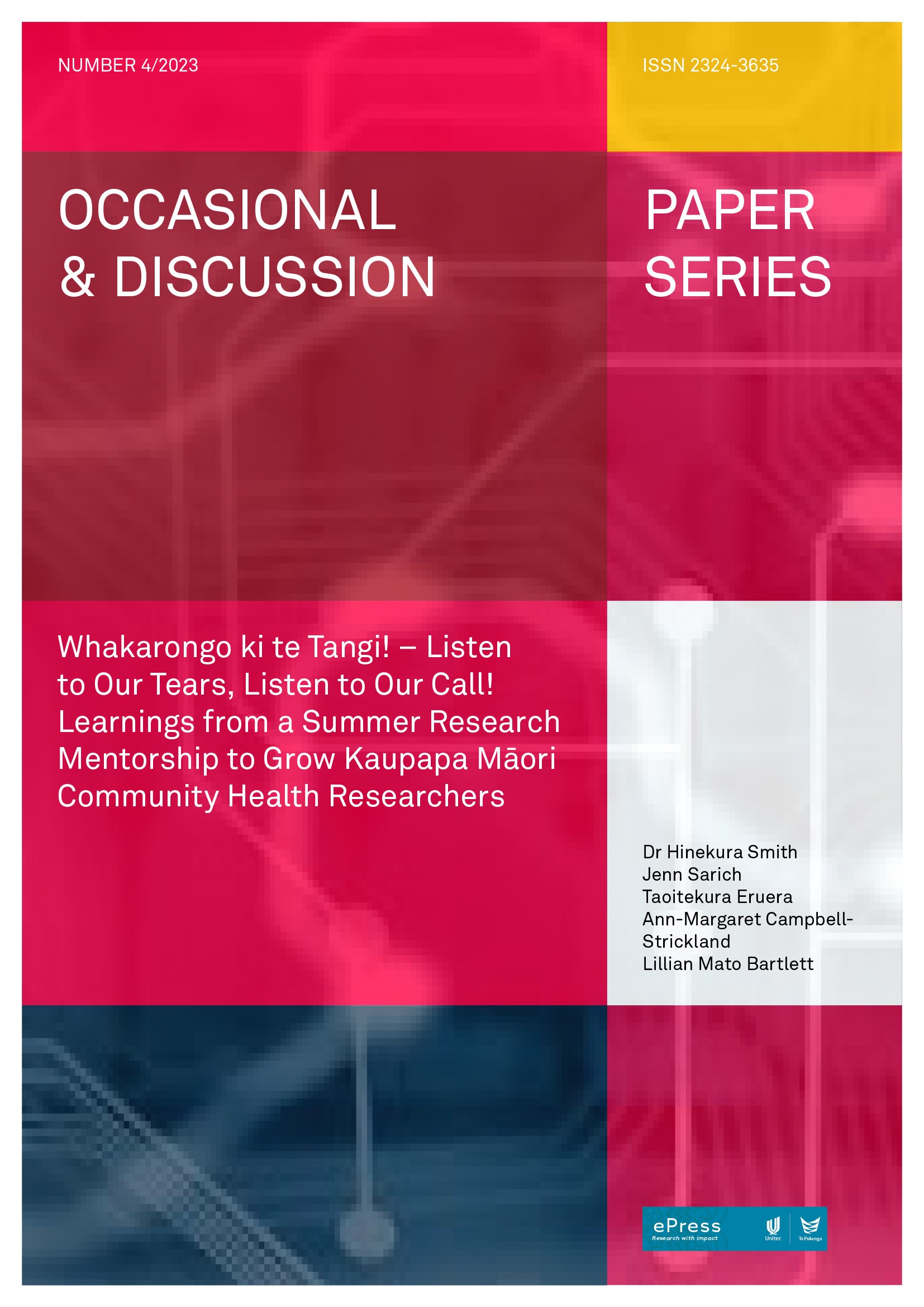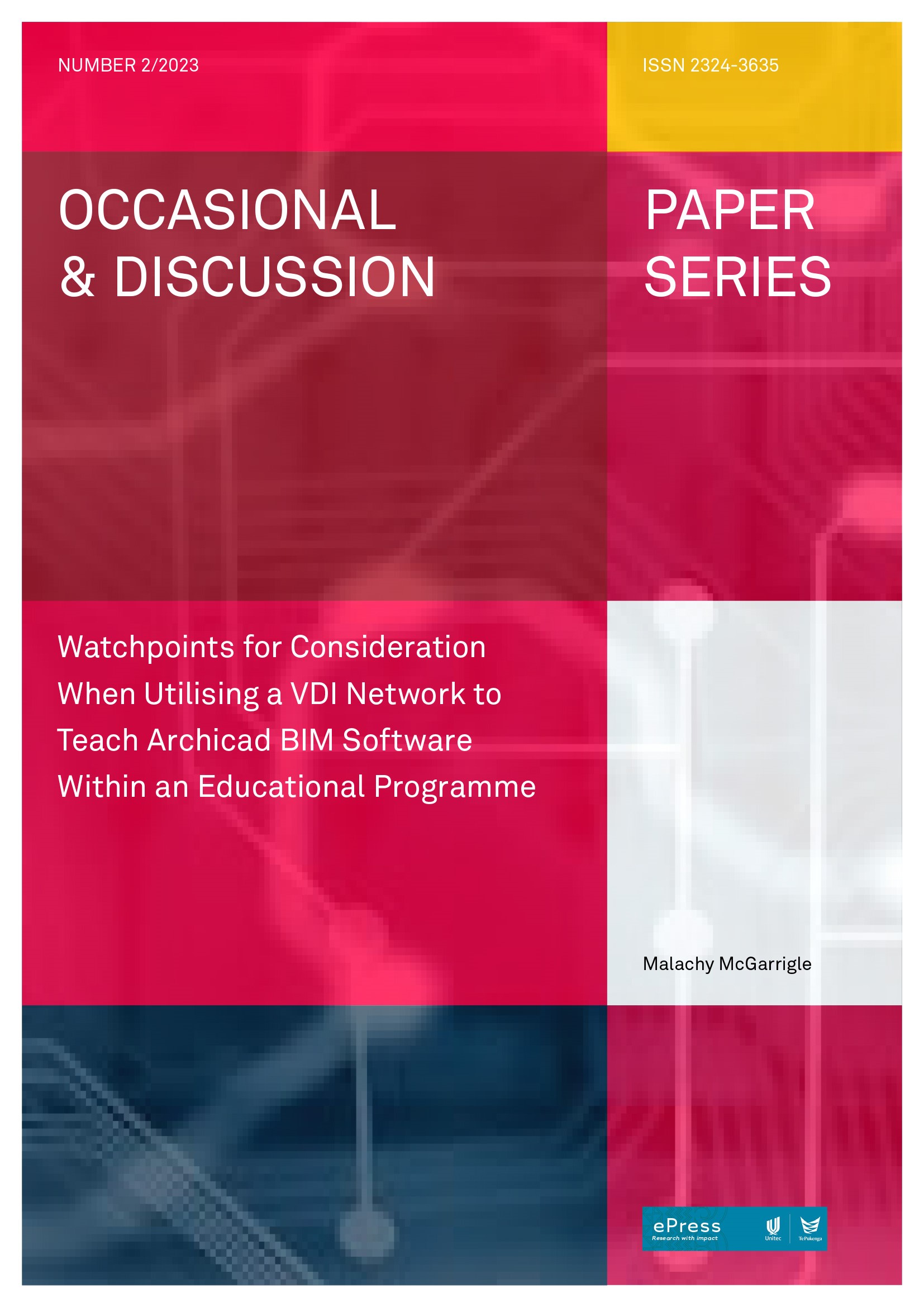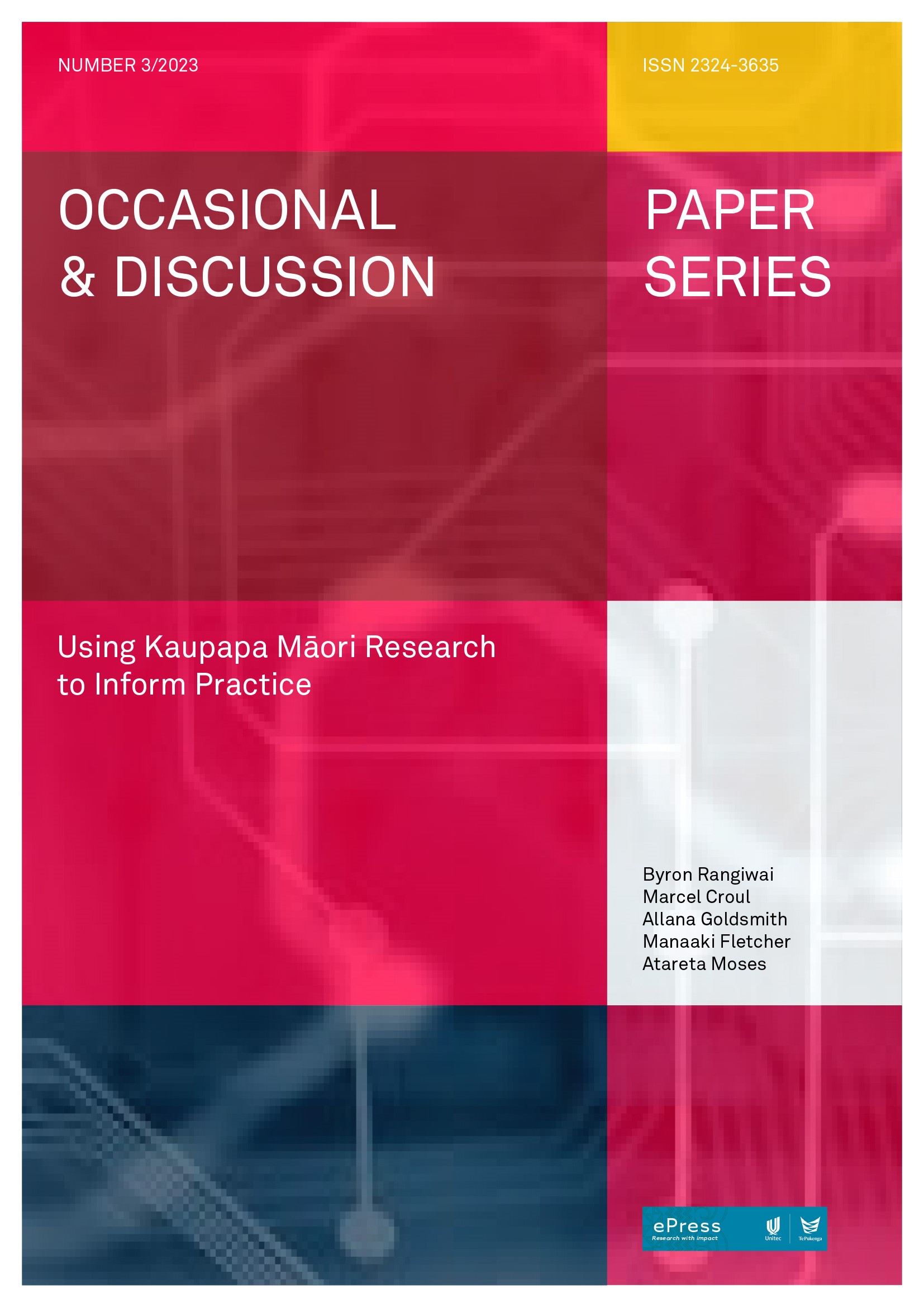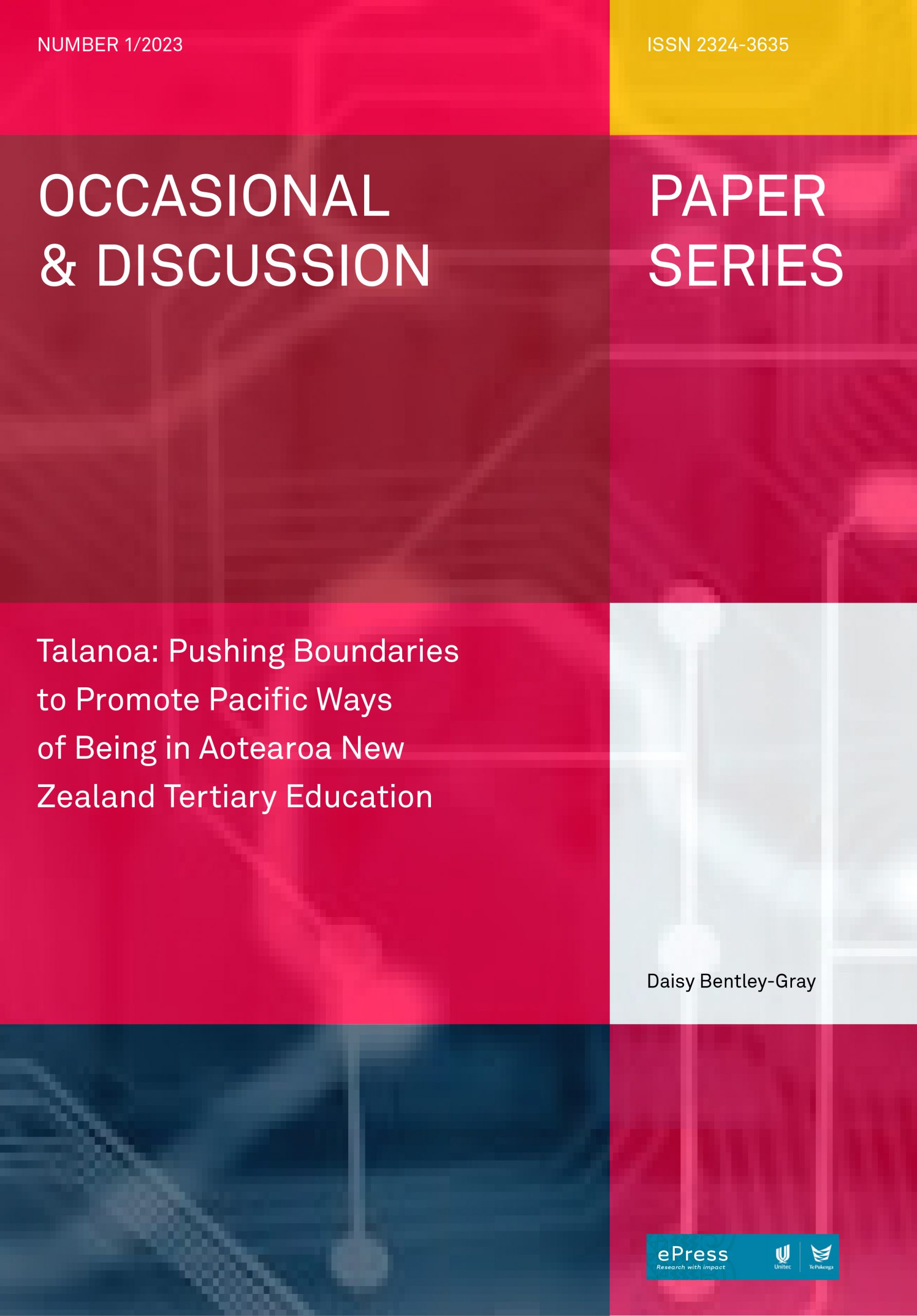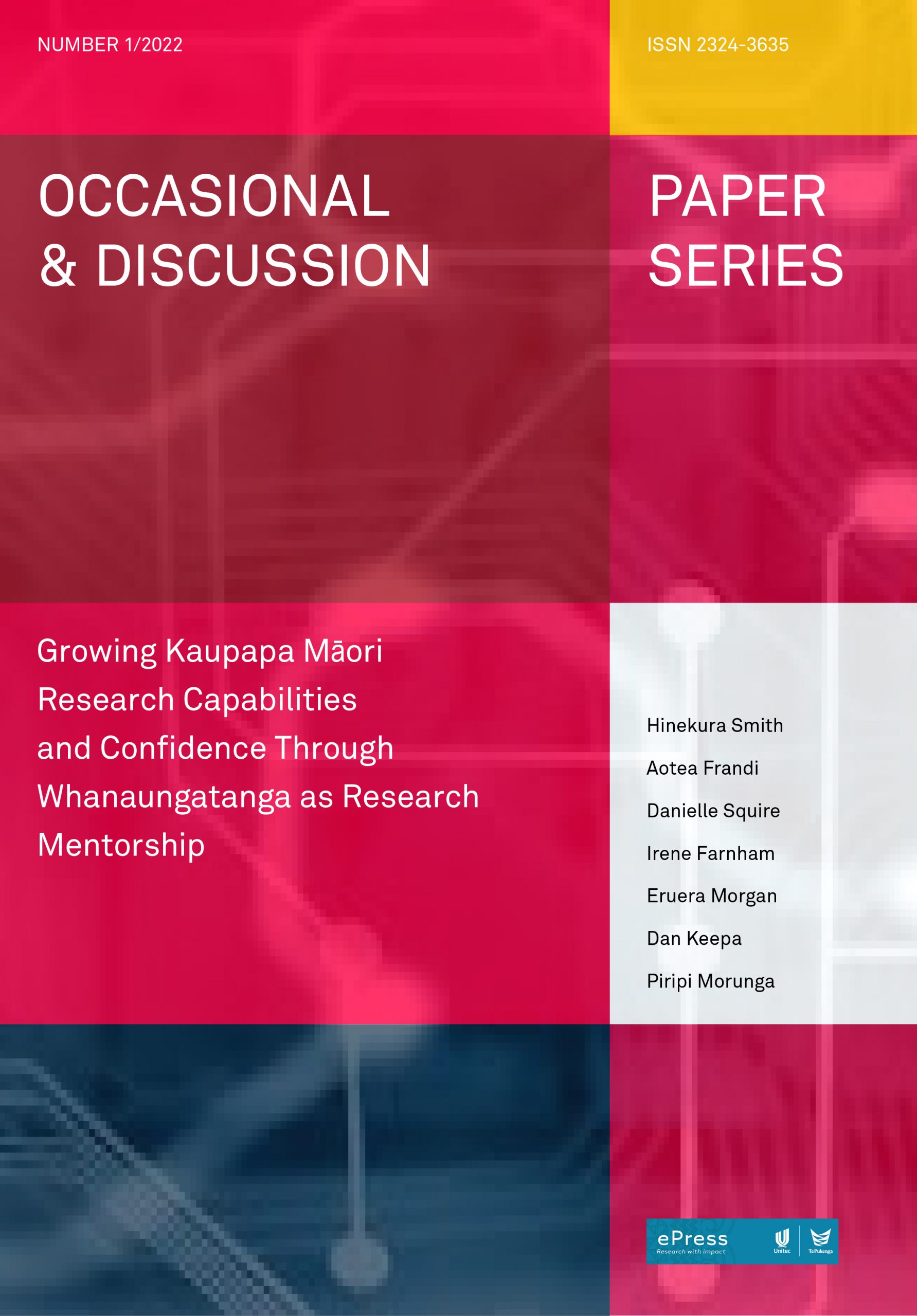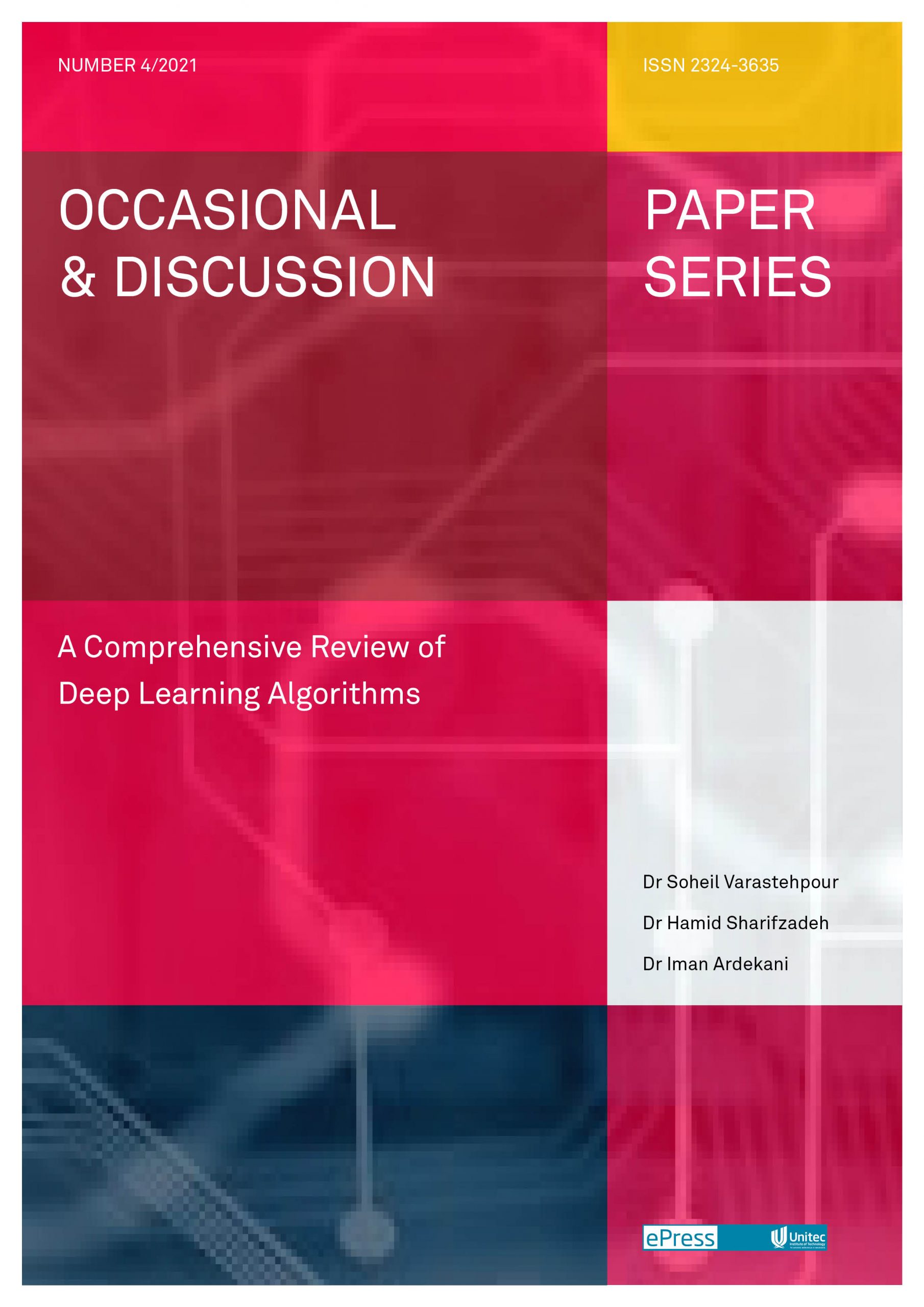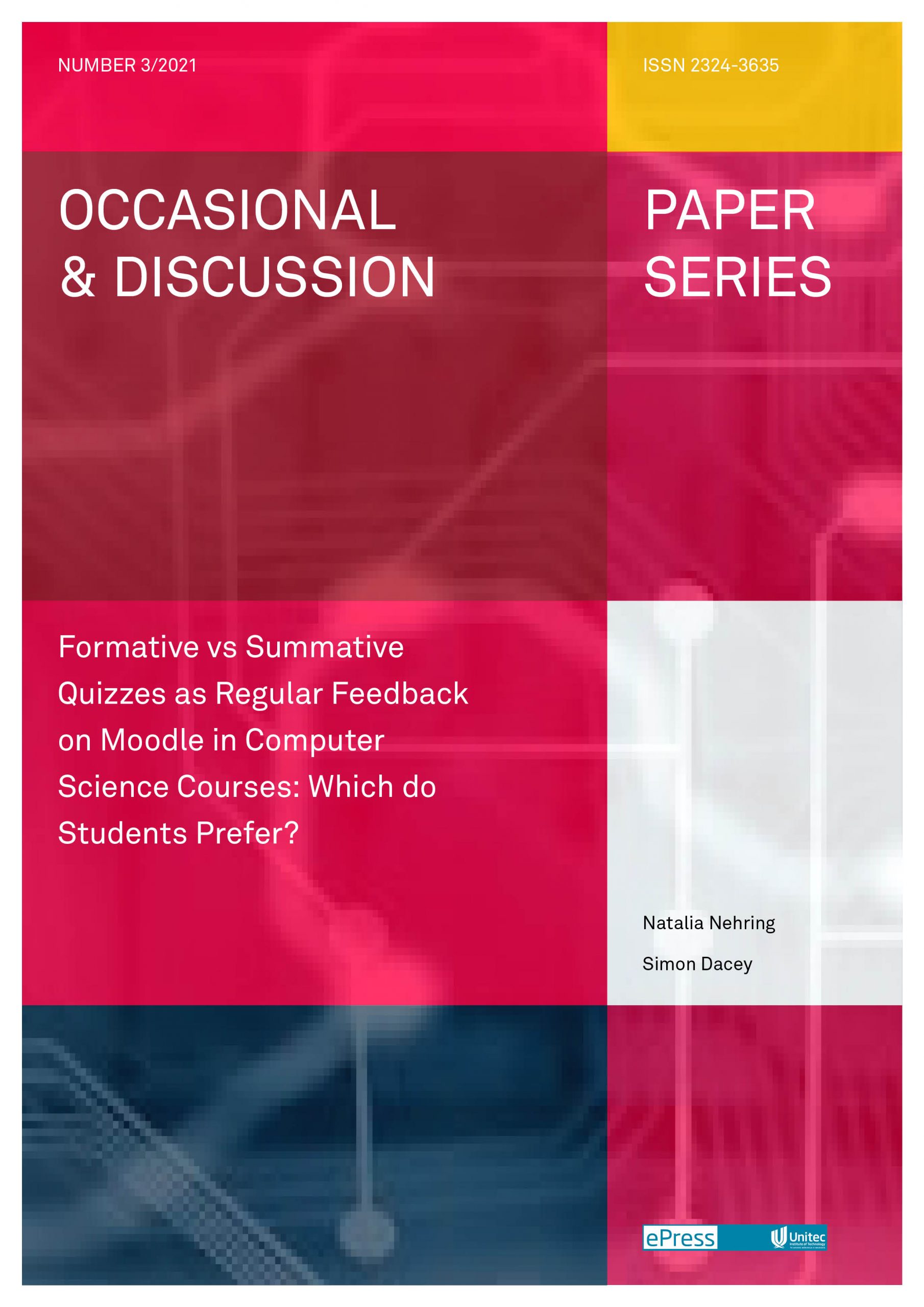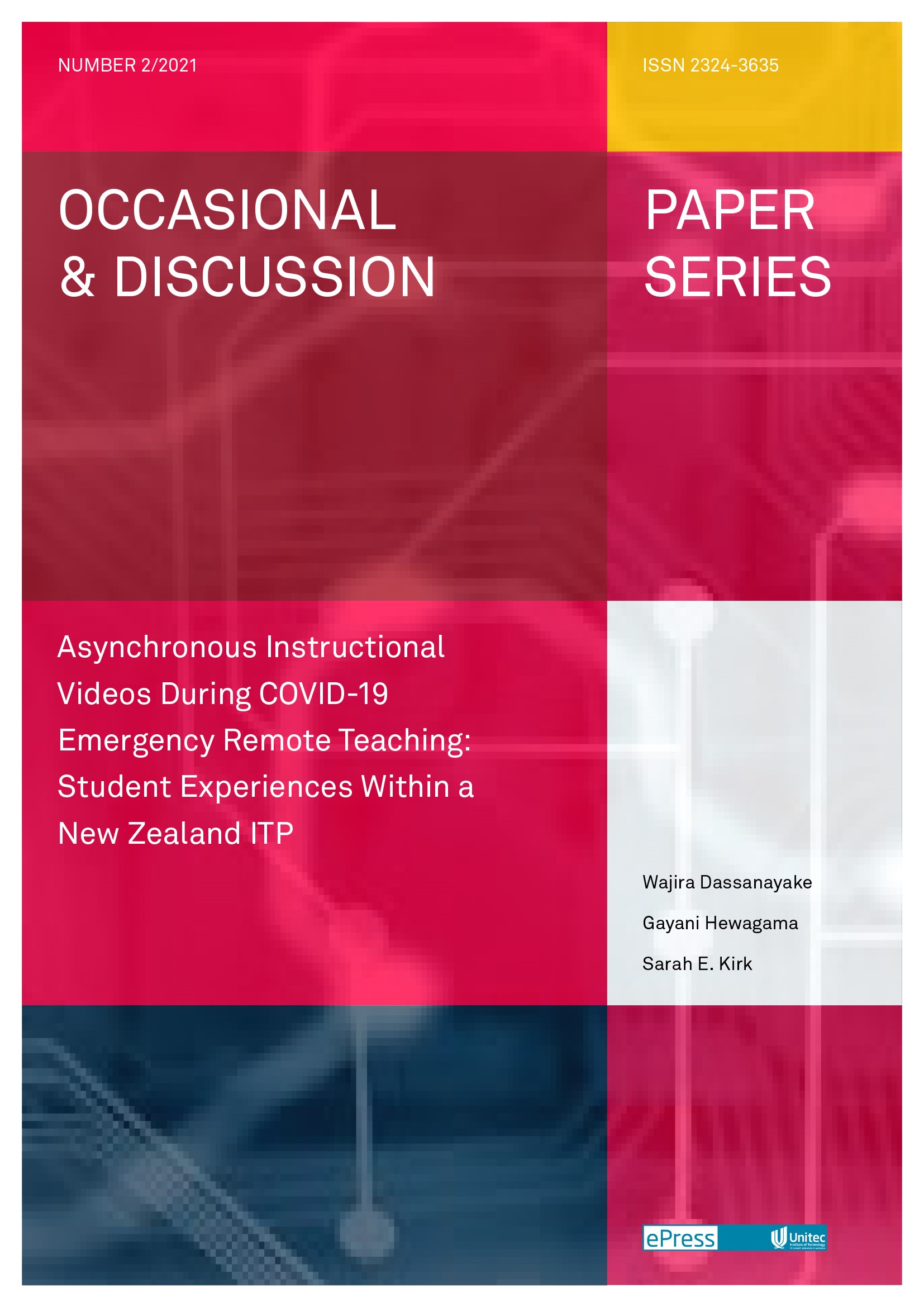Category Occasional and Discussion Papers
This article weaves together literature to theorise whatu – the traditional Māori practice of weaving used to make cloaks – as a toi Māori (Māori arts) pedagogy. In its simplest form, pedagogy can be understood as the deliberate processes by… Continue Reading →
Over 5.6 million road vehicles are registered in New Zealand, with a wide range of contaminants released as a result of their operation. The material wearing out from tyre tread has previously been identified as a contaminant of potential concern… Continue Reading →
This research identifies factors to be considered in the adoption of a virtual desktop infrastructure (VDI) accommodating the software needs of a tertiary institution. The study discusses the potential advantages and disadvantages of VDI, focusing specifically on the performance of… Continue Reading →
This paper explores the profound connections between Kaupapa Māori research and practice through the reflections of Māori practitioners. As part of a Kaupapa Māori research internship funded by Te Whatu Ora, hosted at Ngā Wai a Te Tūī, and co-led… Continue Reading →
The survival of Pacific societies is partly attributed to the ability of Pacific ancestors to transmit stories from generation to generation through myths and legends, stories of creation, songs, oratory, art and natural environments. This paper explores the importance of… Continue Reading →
The Ngā Wai a Te Tūī – Hiringa Hauora Summer Research Mentorship is a kaupapa Māori collaboration to increase hauora Māori (Māori wellbeing) research capacity. The idea of research internships is not new, nor is a focus on hauora Māori…. Continue Reading →
Deep learning algorithms are a subset of machine learning algorithms that aim to explore several levels of the distributed representations from the input data. Recently, many deep learning algorithms have been proposed to solve traditional artificial intelligence problems. In this… Continue Reading →
Deferred feedback on summative assessments can demotivate students and affect their overall learning performance, and it can change their study routines. The aim of this study is to compare and analyse students’ perceptions about summative and formative regular feedback: whether… Continue Reading →
The COVID-19 pandemic created unprecedented challenges for tertiary education institutions worldwide. The crisis placed enormous pressure on educational institutions as they were required to pivot suddenly to teaching fully online. In New Zealand, Tertiary Education Organisations (TEOs) were forced to… Continue Reading →
